Copyright 2012 by
University Press of America, Inc.
4501 Forbes Boulevard
Suite 200
Lanham, Maryland 20706
UPA Acquisitions Department (301) 459-3366
Estover Road
Plymouth PL6 7PY
United Kingdom
All rights reserved
Printed in the United States of America
British Library Cataloging in Publication Information Available
Library of Congress Control Number: 2011937658
ISBN: 978-0-7618-5729-7 (paperback : alk. paper)
eISBN: 978-0-7618-5730-3
 The paper used in this publication meets the minimum requirements of American National Standard for Information SciencesPermanence of Paper for Printed Library Materials,
The paper used in this publication meets the minimum requirements of American National Standard for Information SciencesPermanence of Paper for Printed Library Materials,
ANSI Z39.48-1992
WORKS CITED
Archival Sources
All papers used in this manuscript are housed at the Eisenhower Library in Abilene, Kansas. The holdings are listed in a printed finders guide: Historical Materials in the Dwight D. Eisenhower Library.
Ann Whitman Administration Series
Ann Whitman Diary Series
C.D. Jackson Papers
C.D. Jackson Records
John Foster Dulles Papers 1951-59 subseries
John Foster Dulles General Correspondence
John Foster Dulles Memoranda Series
NSC Series (5412/2, covert operations)
NSC Series (5812/1, psychological warfare planning)
Personal Interviews
Tom Braden, 30 August 2001, Woodbridge, Virginia
Dmitry Urnov, 19 August 2001, Westbury, New York
Mr. & Mrs. Abbott Washburn, 28 August 2001, Washington, D.C.
Oral Histories
Columbia Oral History Project (COHP)
Charles E. Bohlen
Clare Boothe Luce
James R. Shepley
Mr. & Mrs. Abbott Washburn
John Foster Dulles Oral History Project
Dwight D. Eisenhower
Dwight D. Eisenhower Library
Marie McCrum
Telephone Interviews
Valentin M. Berezhkov - 10 February 1995
Abbott Washburn 22 August 2001, and 1 September 2001
Correspondence
Arthur Schlesinger Jr. 15 April 2001, and 27 December 2001
Articles
James Bamford. The Man Who Sold The War. Rolling Stone Magazine, 2 December 2005.
Tom Braden. Im Glad the CIA is Immoral. Saturday Evening Post, 20 May 1967.
. Whats Wrong with the CIA. Saturday Review, 5 April 1975.
. CIA: Power and Arrogance. Washington Post, 27 April 1975.
Blanche Wiesen Cook. First Comes the Lie: C.D. Jackson and Political Warfare. Radical History Review, 31, 1984.
Seymour M. Hersh. Selective Intelligence. The New Yorker Magazine, 12 May 2003.
Sgt. Len Scott, RAPC, A Merry (Murderous) Christmas in Algiers (1942), BBC History Homepage, 17 May 2004.
Stern, John. Poltava, The Road Not Taken. Voprosy Historii, September, 1998.
David Wise. Spook Art. Art News, September 2000.
Additional Sources
Foreign Relation of the United States (FRUS)
1952-1954, Volume VIII
1955-1957, Volume XXV
1961-1963, Volume XXV
PREFACE
Since starting the first draft of this manuscript in 2003, U.S. strategic goals have undergone a radical transformation from a Cold War Era policy of Containment to the present day policy of Preemption. What began after World War II as a quest for global economic securitysome would say hegemonythrough diplomatic initiatives which stressed broad-based trade incentives, has devolved into Roman-style, garrison-state, expansionist overreach. Madison Avenue expertise has given way to perpetual conflict and has resulted in blunder after adventurous military blunder.
The Office of Strategic Influence (OSI), designed by the Pentagon as the propaganda arm of the nations military (and purportedly scrapped by its architects), has seemingly morphed into the Office of Special Plans (OSP). According to Pulitzer Prize winning investigative journalist, Seymour Hersh, A small cluster of policy advisers and analysts call(ing) themselves, self-mockingly, The Cabal which was conceived by Paul Wolfowitz, the Deputy Secretary of Defense, has brought about a crucial change of direction in the American Intelligence Community.
The immediate goal of the WHIG, post-9/11, was to find evidence that tied Saddam Hussein to Osama bin Laden, and thus to the destruction of the World Trade Center. Polling conducted in the months following the attack on the WTC and the Pentagon, and the downing of the civilian jetliner in Pennsylvania, points to the success of the propaganda that emanated from the OSP: A seventy-two percent of Americans believed it was likely that Saddam Hussein was personally involved in the September 11th attacks, although no definitive evidence of such connection has been presented.
While it may be evident that the influence of the OSP was crucial in swaying President Bush toward a preemptive war on Iraq, what is less obvious to the public are the roots of the neoconservative ideology that shapes current U. S. foreign policy. Former University of Chicago political philosopher, Leo Strauss, spawned such members of the cabal as Abraham Shulsky and Paul Wolfowitz. Strausss philosophy is that, A philosophers need to tell noble lies not only to the people at large but also to powerful politicians. The utility of this philosophy can be seen in the evolution of a bipartisan American foreign policy after World War II. But its far-reaching corrosiveness to a liberal democracy is evinced in debacles like the 1961 Bay of Pigs fiasco, the 1962 Cuban Missile Crisis, and both the Vietnam and Iraq Wars, to name but a few.
THE MEN WHO NOW SELL WAR
Where once American propaganda was utilized to present democratic capitalism in the best possible light, it is now employed by its present purveyors to sell war. So says journalist James Bamford, author of such groundbreaking works on American Intelligence as The Puzzle Palace (Houghton Mifflin Company, 1982) and Body of Secrets (Anchor Books, 2002), who notes that the civilian sector of the Pentagon, along with like-minded cohorts in the CIA, set up a clandestine operationpart espionage, part PR campaignfor the express purpose of selling the world a war.
Rendon and his firm, The Rendon Group, are in the business of perception management, manipulating information and, by extension, the new media to achieve the desired result.
Bamford claims that Iraq may be the first war based almost entirely on a covert propaganda campaign targeting the media.
Today, American democratic propaganda has come full circle from its basic tenet that the best this nation had to offer could successfully be sold to the rest of the world, albeit by less than nobleand transparentmeans. What we are now witnessing is the fully-realized ambition of every erstwhile dictatorship: control over a vast communications networkthe likes of which the world has never seenwhich can be used to manipulate public opinion to the extent that the public would accept, even welcome, the loss of its own liberties. Perhaps, then, what former practitioners of the art of propaganda failed to recognize more than fifty years ago was that, like the atom, once the genie is let out of the bottle, its spread and usage is impossible to control.
This book is a study of U.S. propaganda strategy and some of its major proponents during the Cold War in the 1950s, including President Dwight Eisenhower, and, most notably, his chief adviser for psychological warfare, C. D. Jackson. My aim is to present a comprehensive analysis of so-called democratic propaganda as a tool in confronting post-war communist expansion. I focus on how it was employed as a method of celebrating the virtues of what we call, the American way of life. In addition, what unfolds is a story of how one individual, C. D. Jackson, evolved different modes of traditional advertising to construct an effective counterbalance to Soviet propaganda in Europe, and around the world. Finally, I will assay the efforts of these American psywarriors in ultimately stemming the Soviet quest for world domination, and ending the Cold War.
Next page


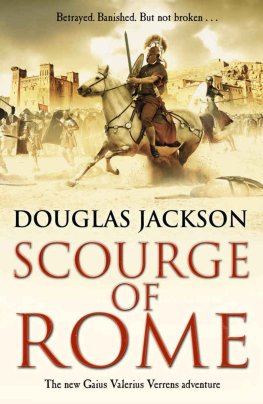


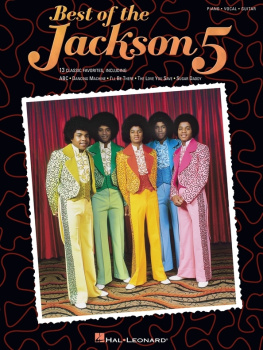


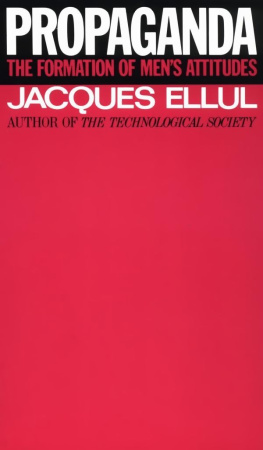
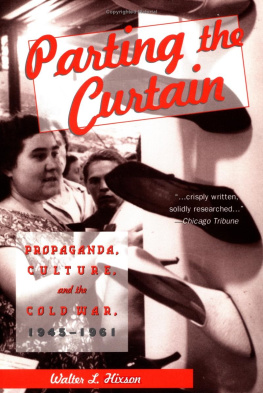
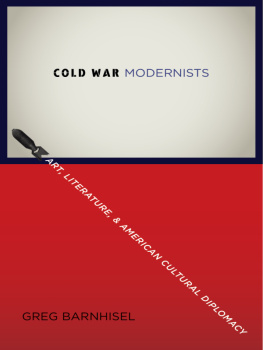

 The paper used in this publication meets the minimum requirements of American National Standard for Information SciencesPermanence of Paper for Printed Library Materials,
The paper used in this publication meets the minimum requirements of American National Standard for Information SciencesPermanence of Paper for Printed Library Materials,